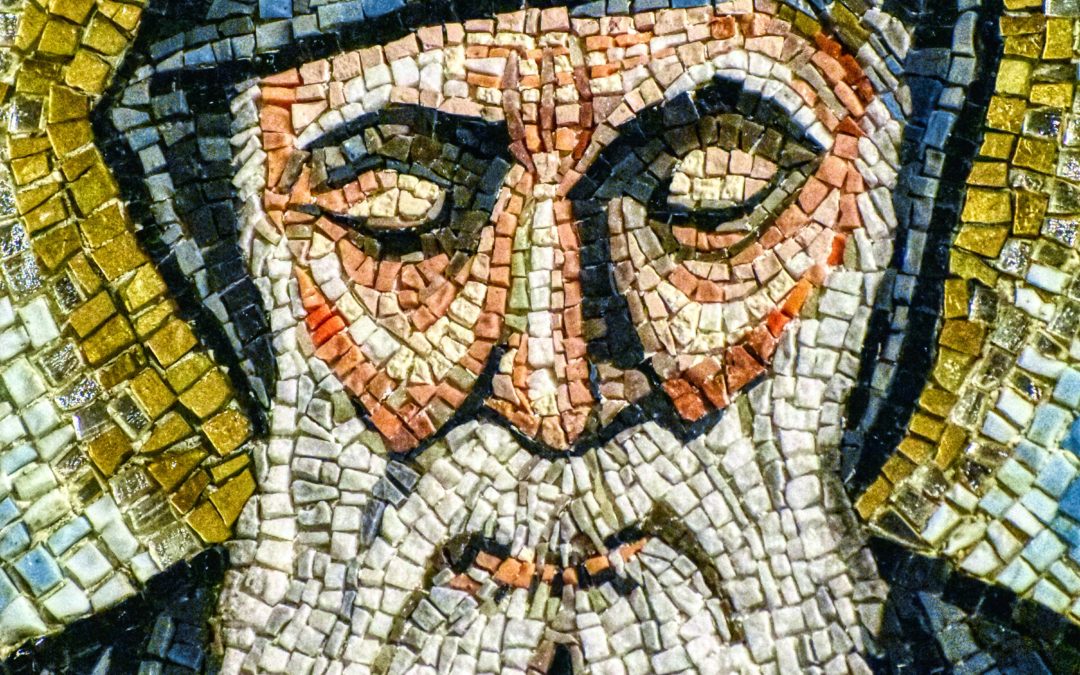
Turning Down the Volume
I’ve been watching a story lately. It is a modern take on an age-old tale. It is about a brother and sister who are young adults born into a special purpose. However while they are seeking their destinies, everyone they encounter seems to have their own plans for their future.
All sorts of media – internet, television, movies, etc seem to conspire to guide them along a path that shares a system of beliefs. It is a doctrine of success that is based on comfort – eliminating all unpleasantness from their lives. Of course each voice has something to sell, guaranteed to be “just the thing” they need. Amazingly, none of these talking heads need to know anything about them in order to determine that they have the right answer for them. The obvious nonsense is easy to filter out, but the subtleties are harder to notice and influence them without their being aware.
It’s OK, who really looks to media for answers, right?
Their expanded family presents a different picture. Each relative knows them well and has an image of the path they should follow. However they wonder if these paths will lead to the destinies that call them, or hearken to to the teller’s desires. The brother and sister feel that when they reveal parts of themselves, the family uses it as a transition to steer them back to the prescribed pathway. Are they advising the best path for them, or are they pushing into something they want for themselves?
They love these people, but in ways feel very alone as they try to find their unique purpose.
Work gives them a chance to learn their strengths and begin to catch a glimpse of what lies ahead of them. However, answers again precede questions as their bosses expain to them how to achieve success. Their messaging is clearly tainted by a focus on delivering profitabilty to the organization. Success is promised if their contributions align with the company’s goals but they are cautioned against asking coworkers specific questions about how they are compensated for their contributions.
How can they trust answers that discourage questions? Again, they feel alone in their pursuit.
The church is featured occasionally. They sit through services where the communication is all one-way. While questions erupt from their hearts, screens tell them the specifc words to sing before the speaker talks at length without ever listening to the people in the room. Again, they are told what they should believe and they try to filter what someone else tells them, trying to determine whether they believe what they are hearing. But their questions can’t rise above the constant voices.
It is a world that features answers in abundance without time to wait for questions.
However, this story is not playing out on a screen, in print, or across a stage. The story I am watching is my kids growing up.
Sometimes it is hard to admit that I am one of the voices that won’t shut up long enough to let them finish a thought. Only after a botched conversation do I realize that instead of helping them to search for answers to their questions, I have been one more person shouting solutions.
I forget that growing up is more about the search for wisdom than it is achieving it. Even worse, my words ring hollow when I tell them what they should do to better themselves while I relax, comfortable in my situation.
Jesus took a different approach. After watching us fall from grace, he watched as The Father gave us answers written on stone tablets and carefully detailed through Moses. He described how to know the heart of God and deal with life’s situations. However these clear instructions weren’t enough to prevent them from drifting further from his presence. The works of scripture expanded and grew, but this increase didn’t fill the void in their hearts.
And when The Word was not enough to save us, he became flesh and lived among us.
Jesus is beautiful and unique because he recognized that telling us wasn’t enough. He had to live as an example.
When we didn’t know how to honor our fathers and mothers, Jesus became a child and modeled it for us. When we weren’t sure how to balance work and pleasure, he got a job as a carpenter. When we didn’t hear answers to our prayers, he prayed with us. When we couldn’t determine what was fair, he sacrificed himself.
I bet there were days when Jesus wanted to lose his patience and shout out answers for the world to hear. But for thirty years God told him to practice first, to show us instead of telling us.
During his life, he endured every trial that faces us today. If he hadn’t, then his sacrifice would be inadequate to redeem us. In the end, it will be his life, not his words, that guide us to salvation.
So maybe all of us should just turn down the volume on all of the answers we are giving.
As a parent, it is hard for me to follow Jesus’ example. When I want my kids to respect me, I have to stop talking at them and instead treasure my own dad. When I want to tell them to trust me and take chances, I need to let them see me take risks first.
In truth, I can’t imagine what it is like to be either of my kids today. But that’s OK, they didn’t ask me to be them. All they need is for me to try to become the person I tell them to be.
That is a lot.
The more I try to let my life be a sermon without words, the more patient I am learning to be in listening to them. They are right. This stuff is hard.
In a world overflowing with answers, it is time for the word to become flesh. May I leave behind all of the comforts of my heaven – the pleasant life of habit that I have settled into over the decades. May I find the courage to abandon my palace in search of a continuing life of serving, of forgiving people before they ask, of worshipping God with great passion, and of taking giant leaps of faith toward a God of mystery.
My life of testimony is valuable while it highlights a pursuit of wisdom. It is distant and disconnected when it becomes comfortably stagnant. Why should they believe me when I tell them that life has amazing things in store for them unless my own life points toward a reckless pursuit of an expanding eternity, instead of finding a comfortable stopping-off place?
All of my actions must speak louder than any of my words.
I am trying to help them love their family by reaching out to relatives that have, for whatever reason, drifted away. May they admire my courage in taking chances more than they admire any talent I demonstrate.
I am trying to recognize their God-given gifts and submit to them in those areas where they are greater than I will ever be.
I am trying to serve them in ways that respect their need to find their own paths, not looking for angles to push them along my dreams for them.
In all of these ways, the word becomes flesh and dwells among us. That is the light that drives out darkness.
May that provide a light unto their path while their great destinies become revealed.
